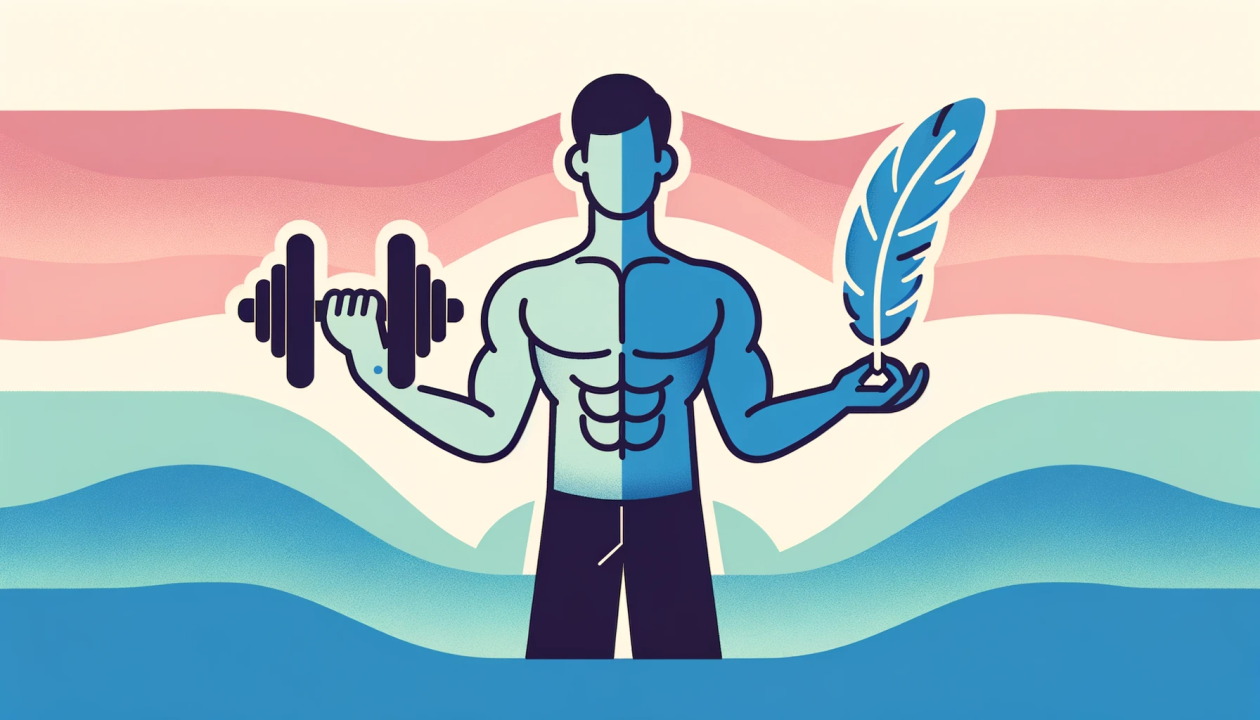An abundance of specialization does not make up for their lack of general preparedness and our kids are suffering because of it.
“We tend to ‘fear’ overtraining, but the fact of the matter is most are heavily undertrained.
And being undertrained is just as dangerous, if not more dangerous than being overtrained.
Undertraining leads to reduced connective tissue load capacity, which increases injury risk.”
-Ray Zingler on X
It’s no secret that the ideal training prescription will always fall in the “optimal range”.
Train with too much volume and we deplete systems that will inevitably decrease performance and increase risk of injury..
Train with too little volume and we don’t enhance systems well enough to sustain performance and we increase risk of injury via lack of tissue preparedness.
Talk to 99/100 coaches and you’ll hear them talk all about the dangers of overtraining, but when it comes to “undertraining” most don’t even have the word in their vocabulary.
In 2024, we are smarter than we’ve ever been. We can track all the data and analytics to help us write and implement “ideal” training programs.
We can better avoid “overtraining”.
The problem with the technological advancements, though, is that it has conditioned us to become cuter in not only our training, but lifestyle.
“Oh no, his bar speed decreased .00024 m/s, we MUST stop the set now!”
“OMG, my Whoop band said my readiness score is low today, this means I can’t train hard.”
Meanwhile, our ancestors slept on dirt without blankets and carried buckets of water miles on their heads, that is, if they could find it.
The point I’m making is not to demonize technology and advancements in training, but to make a point that is glaringly overlooked:
Most of our youth are (heavily) UNDERTRAINED.
Now don’t mistake overtraining with “overspecialized”.
Our kids are heavily overspecialized without having the base levels of preparedness to handle the specialized demands.
This is why you see the youth athlete burnout/injury epidemic from coast to coast that is only getting worse.
What we need to be focused on is not overtraining, but undertraining.
If we really wanted what was best for our athletes, we would stop prioritizing the sport specific prescription abundance and we’d start prioritizing generalized training.
But we don’t do that because there is less money and curb appeal in doing things the right way.
Knowing that I cannot change the tide on my own (this will not decrease my efforts to contribute to solutions, though) I just want to leave you with this inarguable truth:
Kids aren’t overtrained.
They are heavily undertrained and will benefit from more GPP (General) and less SPP (Specialized).



